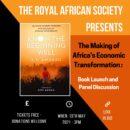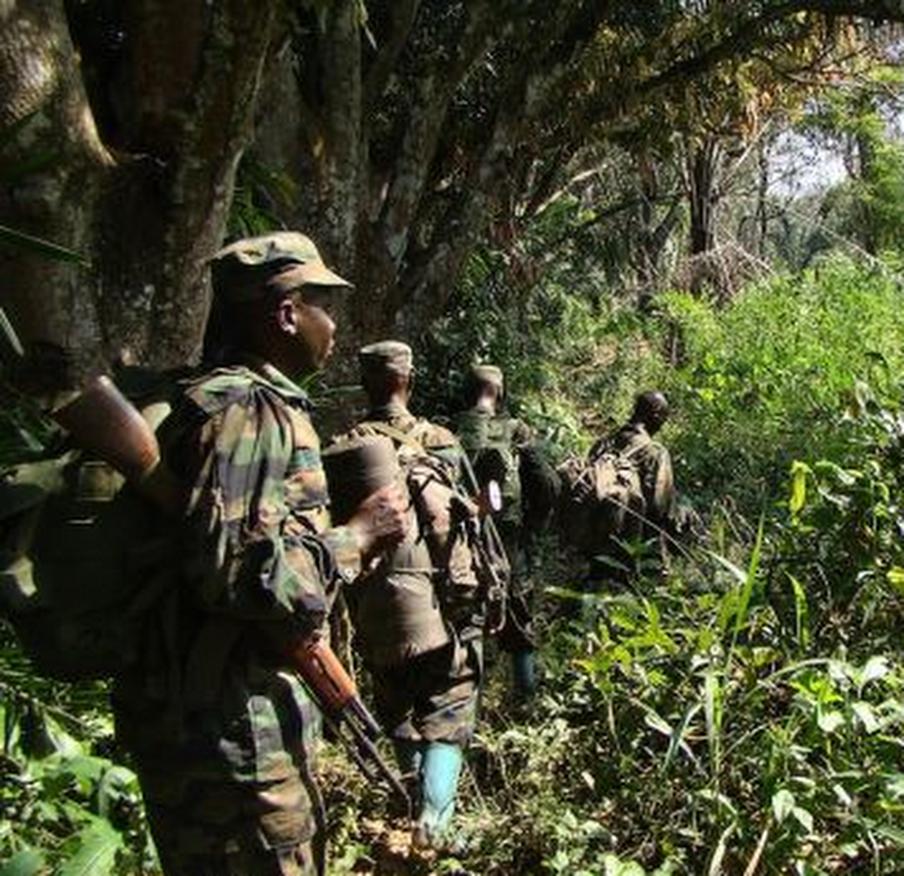The ICC vs. Bashir: Debating the Mode of Liability
I have had a number of interesting questions and challenges to different aspects of my critique of the Bashir application. I am bunching them together thematically and responding to them accordingly. The first discussion is on the mode of liability; tomorrow’s will be on the (closely-related) question of genocidal intent.
Kevin Jon Heller writes:
Could you please explain why you have problems with the OTP’s use of “indirect participation” against Bashir? There is nothing unusual about the concept of perpetration by means, which has long been a staple of both the common law and the civil law and is one of two forms of principal liability for collectively-committed crimes (along with co-perpetration) in Article 25(3)(a) of the Rome Statute. It is also not particularly difficult to prove, as the Katanga decision on the confirmation of charges (which approved the use of perpetration-by-means without reservation), demonstrates.
There is a very clear, and very convincing, reason why the OTP is not pursuing Article 25(3)(d)’s “common purpose” liability against Bashir: it is a form of secondary, not principal, liability “” and a “residual” form of liability at that, one that most ICL scholars agree should only be invoked where principal liability or secondary liability for aiding-and-abetting cannot be proven. Common purpose liability may thus be appropriate for lower-level government officials like Kushayb and Haroun, but it is not appropriate for a head-of-state such as Bashir. For him, perpetration-by-means is the most appropriate mode of participation for crimes committed by his subordinates.
Sadia al Imam writes
It is correct that “perpetration by means” has not yet been utilized as a mode of liability for the crime of genocide. But it is not unusual as a mode of liability for other crimes.
The Prosecutor’s preference for “perpetration by means” reflects the experience of Latin America, where it is a favored prosecutor’s strategy. It was successfully used in Argentina and is also being attempted in Peru in the Fujimori case. There is a growing amount of case law on which the Prosecutor can develop his approach. What this indicates is that he will need to demonstrate that Bashir possessed “ownership of the will” of his subordinates. This requires showing that he had overall control not only de jure but de facto so that he could be confident that his orders would be obeyed in full. He needs to prove that Bashir was director of the crime and had sufficient control over his subordinates that their personal will became irrelevant.
However, if the direct perpetrators share the will of the architect of the crimes then all can be charged as co-perpetrators, and it would not be necessary to pursue the “perpetration by means” mode of liability.
——————————————————————————————
Dear Kevin and Sadia,
Kevin raises an important point about the undesirability of seeking to convict on the basis of “common purpose” liability. It is not a preferred charge and the alternatives, most notably joint criminal enterprise, suffer the significant drawback that the standards of proof required for conviction are sufficiently low that a conviction does not imply the same weight of guilt as it would for a direct perpetrator or a perpetrator through means.
However, whether it is difficult to prove or not depends upon what crime is charged and the evidence. The Bashir case is different from the Katanga decision in that (first), Germain Katanga was not charged with genocide and (second) that the Darfur case is factually very different to Ituri in DRC, and the Sudan government functions differently to a Congolese militi. If the OTP is correct in asserting what is required to prove perpetration by means, then the Public Application is claiming””as Sadia writes””that Bashir possessed such control over his subordinates, that their will was irrelevant. I find it hard to believe that this was the case, and especially not during the period since the end of major hostilities four years ago. But””as Sadia also indicates””if the evidence exists, it would be simpler to charge all as co-perpetrators.
In the case of genocide, for the reasons I explain in my critique, I think it would be additionally difficult to prove perpetration by means. The difficulties of proving this hinge on the issue of genocidal intent, which is the next subject of controversy.






